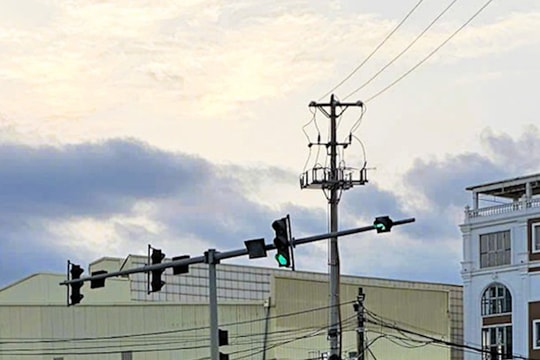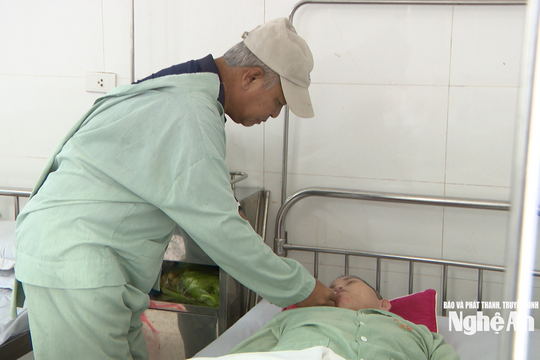Do men get postpartum depression too?
Men don't get pregnant or give birth. Their hormone levels don't change. They don't get sore nipples. What exactly makes them depressed?
More than a quarter of new fathers in a recent study reported significant levels of depression. What causes it and what can be done to cope?
There are many reasons, but research from Sweden has found that over the past decade, a significant number of men have struggled with the transition to fatherhood.
|
| Fewer than 1 in 5 fathers with depression seek help. Photo: PeopleImages |
The latest research has attempted to find out how many fathers experience postnatal depression. Previous studies have estimated it to be between 4-10% of men, while a small survey of 447 Swedish fathers who volunteered to take part found a surprising 28% reported mild symptoms, and 4% moderate.
Fewer than one in five depressed fathers seek help, despite a third having thought about harming themselves. While women in the UK are routinely asked a series of questions to screen for postnatal depression (which affects 13% of women), fathers’ mental health is rarely assessed.
Solution
The Edinburgh Postnatal Depression Scale (EPDS), used for both men and women, is not accurate in assessing depression in fathers, said the lead author of the Swedish paper, Elisa Psouni, of the department of psychology at Lund University.
Her research shows that fathers' depression is often higher because it adds more of the "masculine" symptoms of depression: agitation, anger, irritability, working longer hours and drinking too much.
Depression may be on the rise not because researchers are studying it, but because more people are struggling with fatherhood.
Psouni believes fathers are increasingly facing the same dilemmas that many mothers face – including trying to combine parenthood with work.
Depressed fathers are more likely to experience external stress, such as employment issues, and if their partner is depressed, their risk of depression doubles. Lack of sleep, having twins and relationship conflict are also major contributing factors.
A depressed father is less likely to play and smile with his children. And children are deeply affected by the postnatal depression their parents experience. Yet studies show that poor social support can lead to more behavioural problems by the age of seven.
Fathers who feel they are having difficulty or whose partners, relatives, or friends notice an increase in their irritable, anxious behavior in the first year of fatherhood (fatherly depression is more diffused during the first 12 months) should consider the possibility of postpartum depression.
Cognitive-Behavioral Therapy (a form of psychotherapy that helps patients understand how thoughts and feelings influence behavior) may help as much as antidepressant medication.
If depression isn't caught early, "One of the most horrible things is a year later when you're left with the consequences and you realize you were really bad and struggling — and your child's first year of life is gone," Psouni warns.









